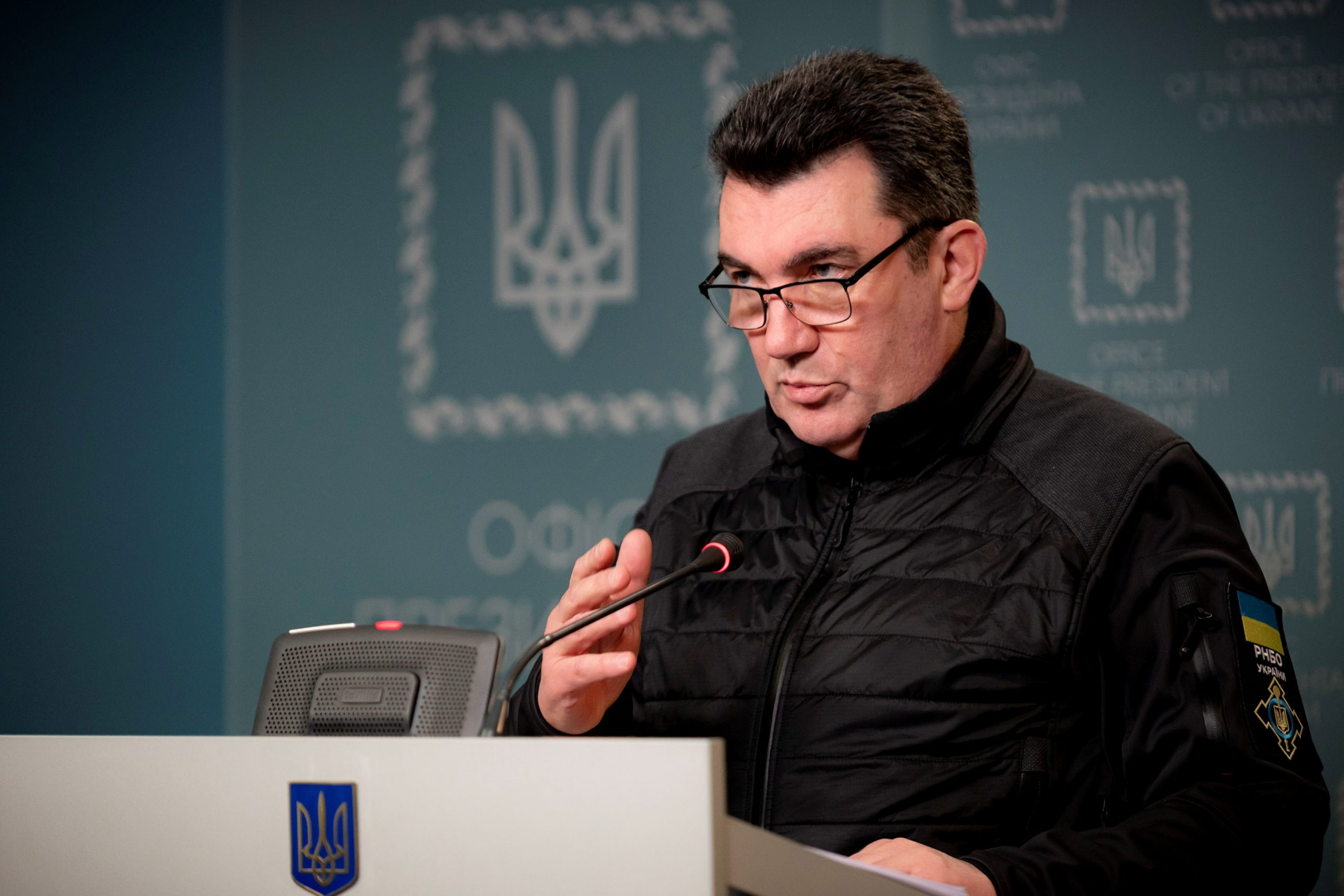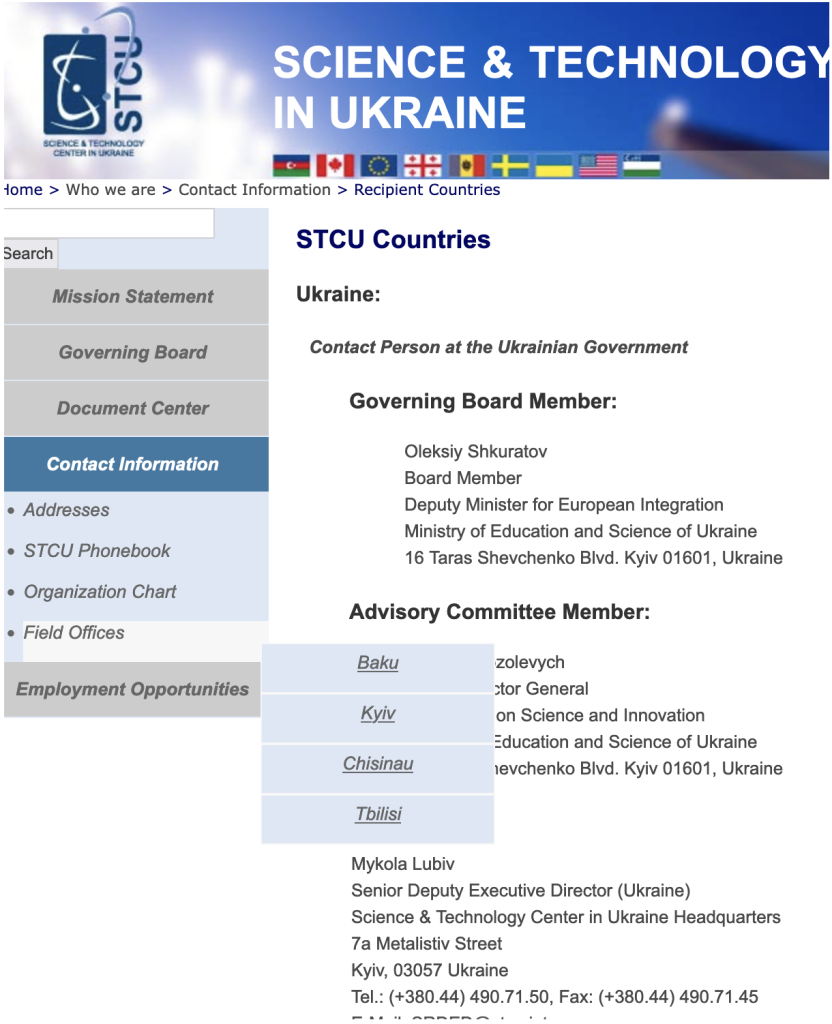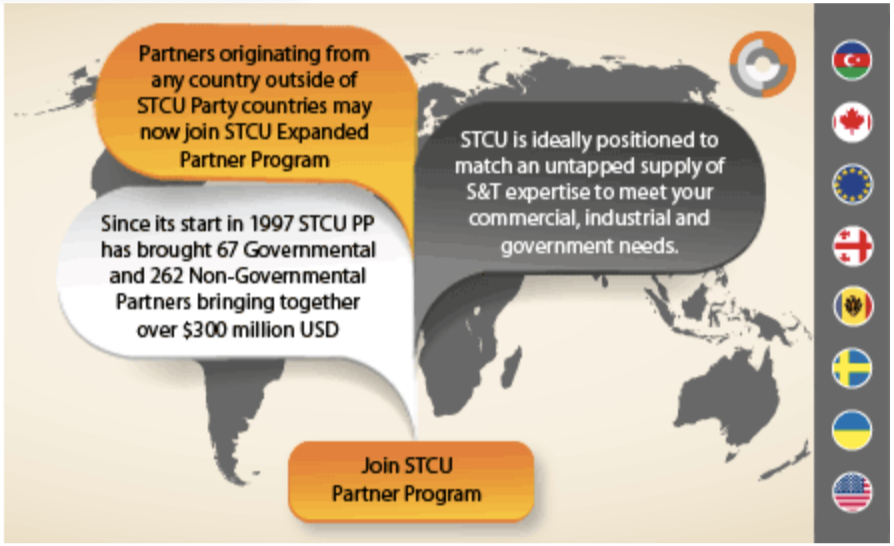Russian War Report: Russia falsely accuses Ukraine of provoking conflict even after it knew war was coming
Russia has rehashed several old narratives in their continued attempts to justify the war in Ukraine including misrepresented statements from Ukrainian officials.
Russian War Report: Russia falsely accuses Ukraine of provoking conflict even after it knew war was coming
Share this story

Tracking narratives
International response
Statements from Ukrainian officials misrepresented in pro-Kremlin media, used as evidence of Ukraine provoking war
Telegram channel MediaKiller, which was among a broader set that published a falsified BBC video on April 13, deliberately distorted a Ukrainian official’s comments in order to blame Ukraine for Russia’s invasion.
In an April 13 interview with BBC Ukraine, Oleksiy Danilov, the head of Ukraine’s National Security and Defense Council, said the country anticipated Russia to start its invasion on February 22. “To accuse us of not preparing is completely incorrect. We could not go out and publicly say to the population: ‘Friends, on February 22, the war begins.’ These are unacceptable things from the point of view of public administration. But we were preparing,” he said. However, Danilov said Ukraine did not expect Russian forces to attack from Belarusian territory.
In the interview, Danilov also said that Ukraine had not expected Russia to attack civilian targets. “We could not even imagine in a nightmare that they would kill our women and children, pregnant women, the elderly… If you are an army, you have to fight the army, not the civilians.”
Following the interview, MediaKiller cited Danilov’s comments in a post that blamed the Ukrainian government for the war. The channel said Ukraine knew the war would happen yet continued to provoke Russia by allowing protests and insulting it in the media. After MediaKiller published its post, Kremlin–tied Telegram channel Rezident forwarded it and added an allegation that Ukraine received advance notice of the war from the United States and the United Kingdom, allowing authorities to evacuate their relatives ahead of the invasion.
In another attempt to discredit the Ukrainian government, multiple pro–Kremlin media outlets cited an April 14 BBC Russia interview with Ukrainian President Volodymyr Zelenskyy. During the interview, Zelenskyy said that Ukraine’s war with Russia started in 2014. “That is why we wanted to join NATO…. We started this war even earlier,” he said. As the fact-checking organization StopFake noted, the quotes from Zelenskyy’s interview were taken out of context by pro-Kremlin media, which cited the quotes as evidence that Ukraine had been preparing an offensive against the separatist regions of Luhansk and Donetsk, Crimea, and Belarus. Another pro-Russian Telegram channel cited Zelenskyy quotes while blaming Ukrainian authorities for “not evacuating civilians and using them as a living shield.”
—Roman Osadchuk, Research Associate
Russia presents new “evidence” of Ukrainian biolabs “activity”
An official from Russia’s Ministry of Defense (MoD) for the first time presented a list of names for those involved with laboratories in Ukraine that are allegedly being used to develop biological weapons. Along with the list, the MoD also claimed – without any evidence to support its allegations – that the United States planned to infect Russia, Belarus, Poland, and Moldova with typhus and hepatitis.
In a press briefing, Igor Kirillov, Chief of the Radiation, Chemical and Biological Defense Forces of the Russian Federation Armed Forces, declared that the Science and Technology Center of Ukraine (STCU) is one of the elements in the “[US] scheme for coordinating the activities of biological laboratories and research institutes in Ukraine.” It seems, however, that Kirillov used transparent and public information found on the organization’s website as a basis to gin up new, unsubstantiated allegations to support the Kremlin’s broader claim of US bioweapon research on Russia’s borders.
According to Kirillov, STCU publicly presents itself as a nonprofit organization unrelated to the Pentagon, but “it turned out to be an international intergovernmental organization created for preventing the dissemination of knowledge and experience related to weapons of mass destruction.” For its part, STCU also does not hide its affiliation with the United States, the European Union, or Ukraine: its website lists US, European Commission, and Ukrainian officials as a part of its governing board, and board minutes indicate the participation of many different departments and ministries within partner governments.
Kirillov added that the offices for the STCU are located in Baku, Azerbaijan; Chisinau, Moldova; Tbilisi, Georgia; as well as in Kharkiv and Lviv, Ukraine, implying that each location is complicit. The STCU website lists offices in Baku, Chisinau, Tbilisi, and Kyiv.

Kirillov also presented new “findings,” again without evidence, that US and European scientists were taking water samples from the major rivers of Ukraine in order to find pathogens of cholera, typhoid fever, hepatitis A and E, and “spread infection by water not only in the territory of Russia, but also to infect the entire water area of the Black and Azov Seas and even Belarus, Moldova, and Poland.”
In his unsupported claims, Kirillov stated that the United States has spent more than $350 million on STCU projects in recent years and that the US Departments of State and Defense, in particular, are sponsors. That numerical value, however, was possibly an inflation of one found on STCU’s website, the landing page for which includes an animated graphic that, at one point, declares that it has received “over $300 million USD” in total, with no mention of source, over its lifetime.

In a readout of the briefing by Kremlin-owned media outlet RIA, the outlet mentions that the identities of people involved in “experiments” had been discovered as a result of what the Kremlin still refers to as a “special military operation in Ukraine.” The article named people who are all listed on the STCU website in some fashion but whom the DFRLab will not name, as the organization appears primarily to function as coordinating funding for scientific research between researchers and governments.
There is no evidence that STCU is aiding in biological warfare research, as implied by both Kirillov and RIA. As such, this represents only the latest statement by Russian MoD attempting to justify Russia’s war on Ukraine using false-flag narratives that the latter was planning to use biological research laboratories to produce bioweapons.
—Eto Buziashvili, Research Associate, Washington DC, and Iain Robertson, Deputy Managing Editor, Washington DC
Leader of Georgian breakaway region announces referendum to join Russia
On April 17, Anatoly Bibilov, the “president” of Georgia’s breakaway region of South Ossetia – the head of the separatists is elected as “president” of the region, but the elections occur outside the bounds of Georgia’s official constitution – announced plans to hold a referendum to approve the region’s incorporation into Russia. According to Bibilov, more than 3,000 signatures supporting the referendum have already been collected. “When many turn their backs, we are heading [toward Russia] because this is our world. Russia is our historical homeland, and we must never forget this,” said Bibilov.
The group seeking to hold the referendum comprises twenty-six individuals, all of whom registered with South Ossetia’s election officials on April 6. The group includes Bibilov and former presidents Ludvig Chivirov, Eduard Kokoity, and Leonid Tibilov, Civil.ge reported.
The process to hold a referendum was outlined by Civil.ge: the group has three months to collect signatures; election officials review the signatures before being sending them to the “president;” the “president” forwards the documents to South Ossetia’s top court to determine whether the request is compliant with the region’s extralegal “constitution;” and, if the referendum is approved, the “president” sets a date for the referendum within ten days.
Bibilov voiced his support for South Ossetia joining Russia on March 30, ten days before the region’s election for “president” were held; many considered this a strategic pre-election tactic. After the first round of elections on April 10, opposition candidate Alan Gagloev received 38.55 percent of the votes, while Bibilov garnered 34.95 percent. The second round of voting is set for April 28.
—Sopo Gelava, Research Associate, Tbilisi, Georgia

